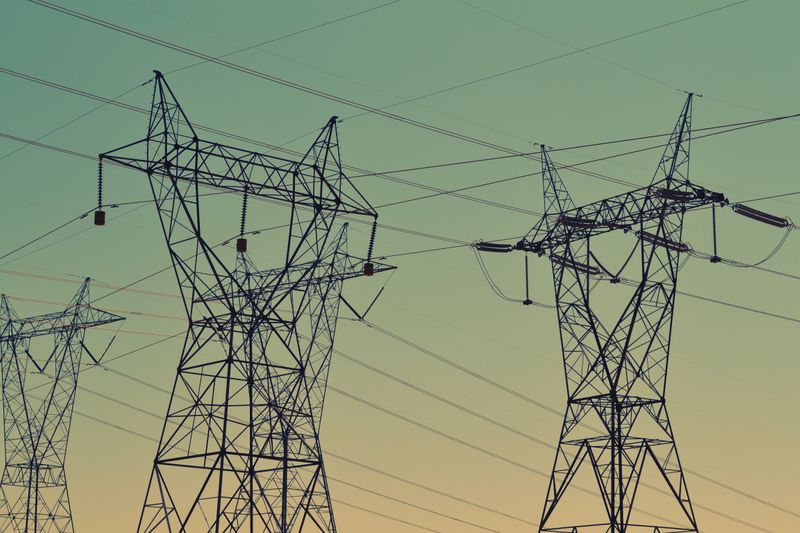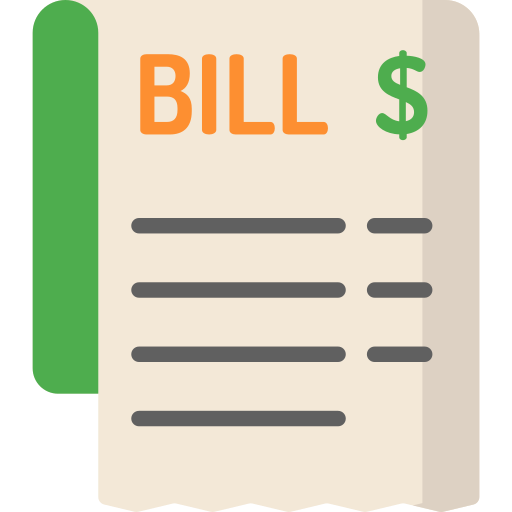Have you ever wondered why is the electricity bill so expensive?
 Photo by Jp Valery on Unsplash
Photo by Jp Valery on UnsplashThere are lots of factors involved in making and transferring electricity. These include:
infrastructure — the stuff that needs to be built and maintained
supplier costs — who takes care of the infrastructure?
trade markets and regulations — rules from governments and the effect of trading between countries and companies
Factor 1: the need for infrastructure
Electricity must be safely generated in power stations.
It's then transferred to houses and businesses.

This means that countries need to build power stations, long networks of wires, and sub-stations. Engineers and other professionals must be employed to make sure that all the parts work well.
Factor 2: who supplies the electricity?
Depending on which country you live in, electricity may be privately or publicly owned.

If the electricity is publicly-owned, all people in your country will pay the same amount for each unit of electricity used. This is most common in Africa, the Middle East, the Pacific, and South Asia.
If the electricity is privately-owned, people choose which private supplier to use. This means paying different prices depending on the company.
Quiz
In the UK, electricity is privately-owned. This means that:
Factor 3: trade markets and regulations
 Some countries have rules on what prices the suppliers can ask people to pay. Often there is a maximum price that suppliers can ask (this is often called "price cap").
Some countries have rules on what prices the suppliers can ask people to pay. Often there is a maximum price that suppliers can ask (this is often called "price cap").
Most countries still use fossil fuels (coal, petrol, and gas) which have prices that change depending on many different reasons, e.g. conflicts in the region where the fuel is extracted.

Some countries give subsidies, meaning they give a tax break or a better trade deal to suppliers, based on specific conditions.
Private suppliers will try to make the most profit. A part of the electricity bill you pay goes to its investors.

You can read more about the UK 2022 increase in energy prices on the Carbon Brief.
....so, it is complicated
The cost of electricity depends on so many different things. They're often specific to each country, their geography, availability of natural resources, and politics.

For example, for the same amount of electricity.....
a person in Denmark pays $0.36, in Australia, $0.23, and in India, $0.08, on average.
in the UK, a person pays as little as £0.258 or as much as £0.282

Take Action

Your feedback matters to us.
This Byte helped me better understand the topic.
